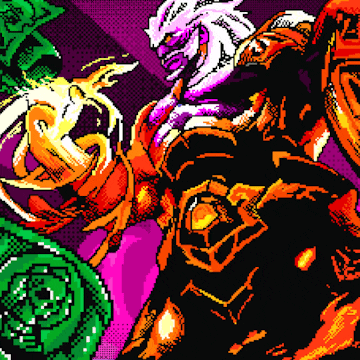Why VALORANT has more in common with Overwatch than CS
There is an old joke about two men running away from a hungry tiger. One turns to the other and says “how will we ever outrun this ravenous beast?”, to which his companion replies, “I don’t need to outrun the tiger, brother, I just need to run faster than you”. VALORANT, CS:GO and Overwatch represent the same paradigm.
Though many decried VALORANT as the “CS:GO killer” of the year, the first livestreams seem to suggest that the similarities between Overwatch and the new Riot shooter are way more pronounced than they are with CS, and this gives us a great case study to see where things might end up.
A lot of people have already asked if VALORANT can match CS:GO, and that’s the wrong question to ask. Regardless of its eventual success and esports portfolio, there is no way it will ever achieve what games like Dota, CS and other older games have. The reason is simple: those titles and their esports scenes came from passionate communities over decades of growth, building the tournaments and legacies we know today for love, not money. This by itself means that Riot and its product are the antithesis of everything CS stands for.
While that doesn’t mean it can’t still be a big esport, the way CS evolved to the point it is at today is a big part of the success of the game, and this by itself makes VALORANT closer to a very different FPS title. Overwatch is a game that was supposedly ‘esports-ready’ from day one – at least according to publishers Activision-Blizzard – but to this day still hasn’t actually found a way to balance the meta that produces compelling gameplay and consistent results. It’s a AAA esport that only ever made B movies.
VALORANT could very well turn out to be the same, arriving fully formed on our doorsteps, like Mork of Mork and Mindy coming to Earth, rather than evolving over time away from the spotlight. With the honeymoon period now over, and all the influencers that totally haven’t been paid in any way by Riot /s have waxed lyrical about how VALORANT is the best thing since breadknives, we’re already starting to see a bit of dissent about certain aspects of the gameplay, and how they contradict the way it was sold to the world.
Make that one more checkmark in the column for reasons Counter-Strike probably doesn’t need to worry right now. A few years ago, as we’ve already mentioned, Overwatch came along to do ostensibly the same thing VALORANT is attempting right now, even taking a few names from the lower echelons of semi-professional CS with it, and the effect hasn’t been too bad.
For those unaware, CS:GO hit quite a few highs since that day. Record viewership for a Major, new peaks in player numbers, an expansion to the global meta that gave us our first-ever legitimate NA world number one, just to name a few things. Meanwhile, Overwatch took $90m off Twitch in what was a record deal at the time, and to this day nobody can quite work out why the broadcaster paid that much. They’ve certainly not seen a return on that investment…
This isn’t meant to belittle Overwatch – or VALORANT for that matter – but to provide a bit of historical context for the challenge Riot are taking on. While they were able to force League of Legends (another ‘original’ Riot game with more than a whiff of another title about it) into a game, it doesn’t mean every shot will be a goal, and before VALORANT can kill anything it first needs to prove it can breathe for itself and live on its own merits, something we’re a long way from having proved just yet.







